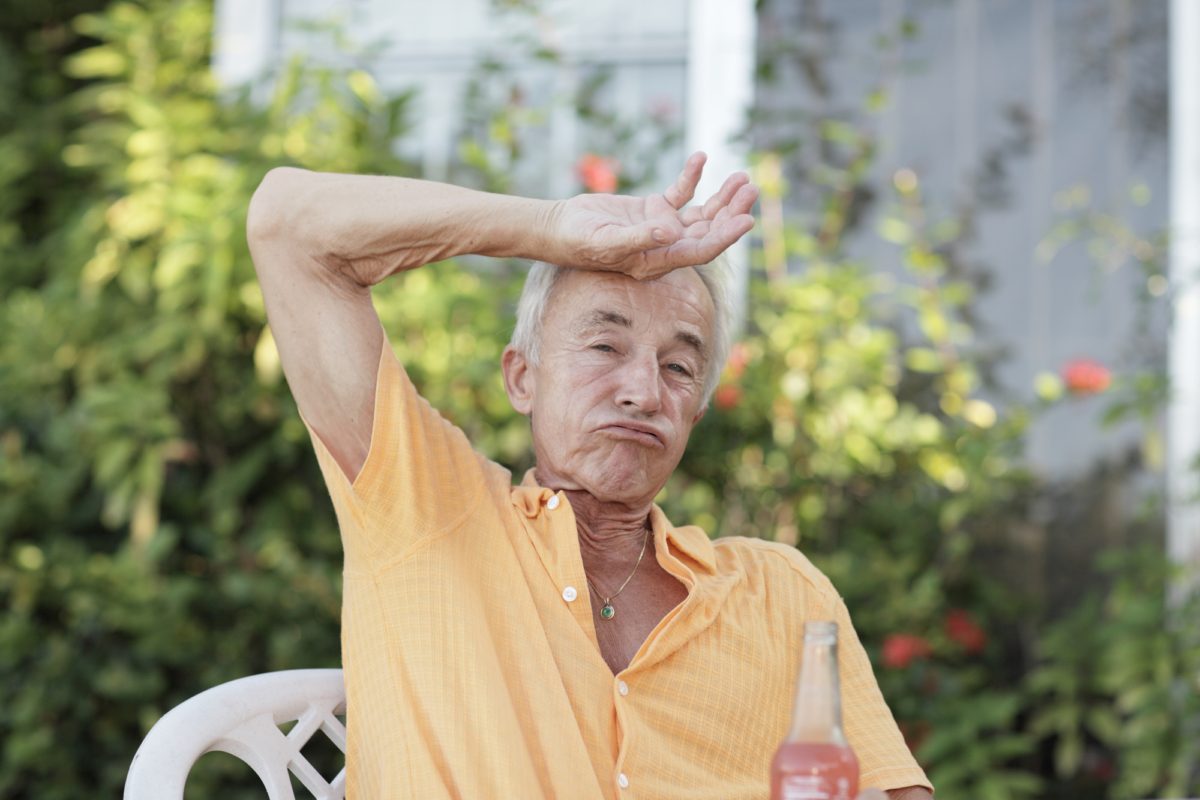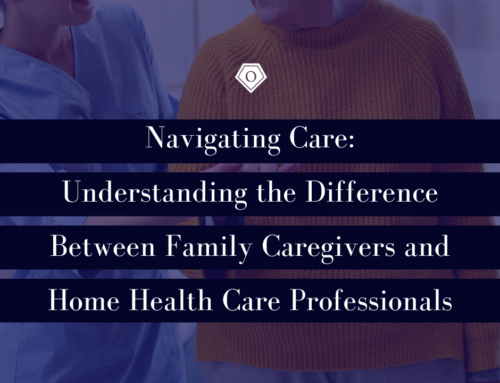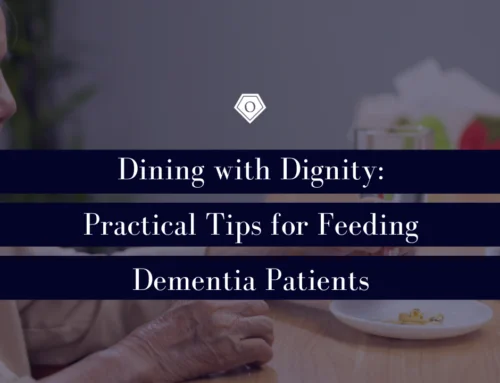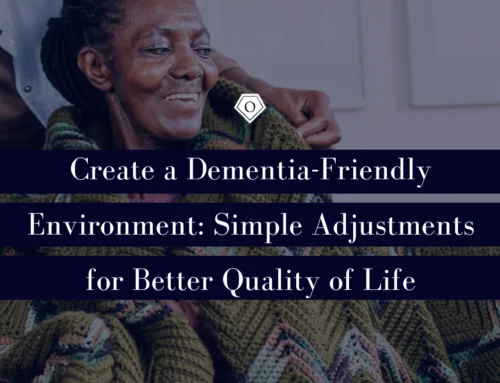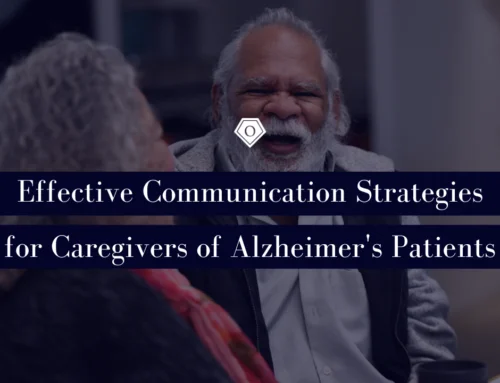According to the Mayo Clinic, as we age our thirst senses become less acute and our body’s fluid reserve becomes smaller.
These issues are then compounded by diabetes, dementia, and certain medications. From 1999-2009, roughly 40 percent of all heat-related deaths in the U.S. were adults over 65 years old.
It is critical for caregivers and family members to observe heat safety and monitor elderly loved one’s hydration, even on cool days. It is also important to keep in mind that the elderly may have mobility problems that keeps them from obtaining water for themselves.
Lifestyle & Health Factors That Increase Risk of Heat-Related Illness:
- Dehydration
- Chronic illnesses (heart and kidney diseases; blood circulation conditions)
- Prescription medications that reduce sweating
- Salt-restricted diets
- Overdressing
- Lack of airflow or access to air-conditioning
- Living in particularly hot climates
Signs of Dehydration in Adults
- Extreme thirst
- Less frequent urination
- Dark-colored urine
- Fatigue
- Dizziness
- Confusion
When to See a Doctor
Call your family doctor if you or a loved one:
- Has had diarrhea for 24 hours or more
- Is irritable or disoriented and much sleepier or less active than usual
- Can’t keep down fluids
- Has bloody or black stool
Learn more about sun safety, managing diabetes in hot weather, and staying active during summer months. Staying active is good for the body and mind, but sun safety and monitoring for heat illness are important during warmer months. When our team is part of your caregiver plan, we help educate families on safety and evaluate seniors for critical illness that might be overlooked by the untrained eye.

